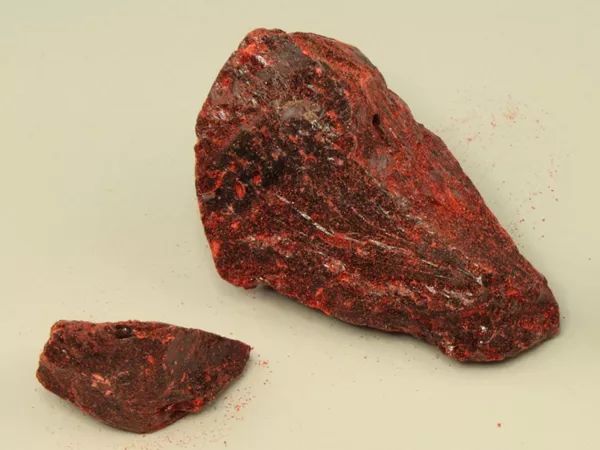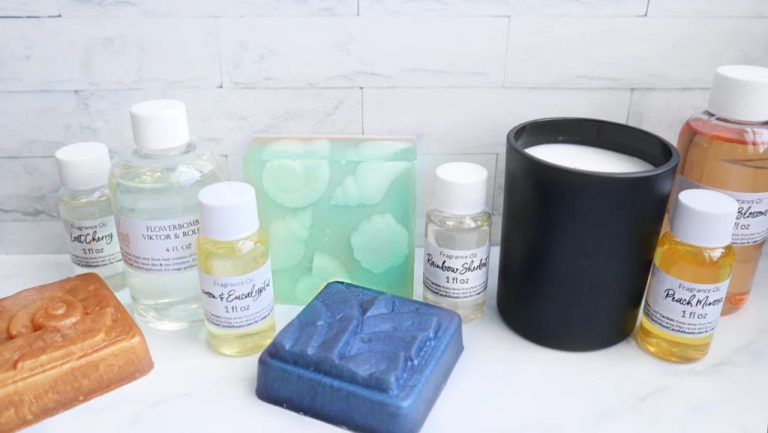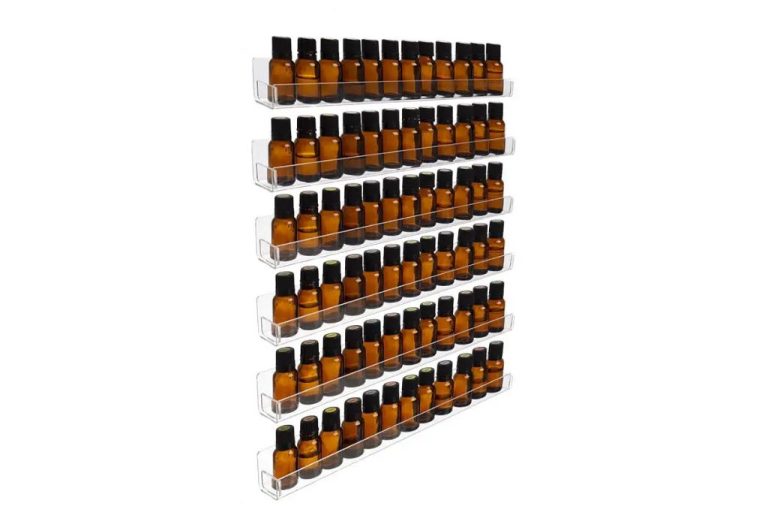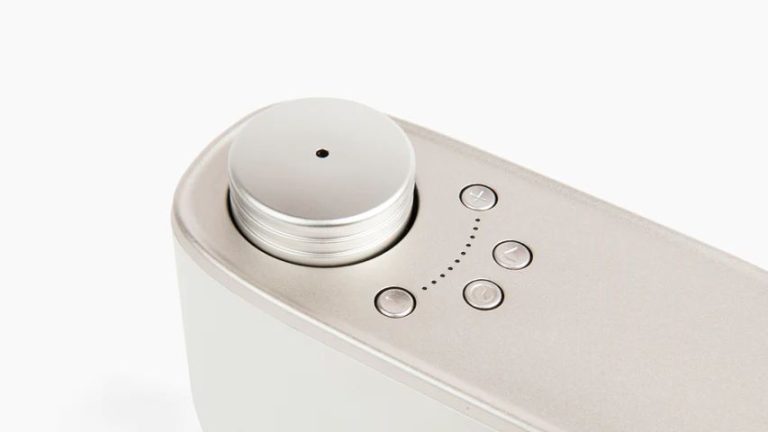Does Peppermint Oil Repel Mice?
Peppermint oil is an essential oil extracted from the peppermint plant, a hybrid of watermint and spearmint. It has a long history of use for health purposes. Peppermint oil contains menthol, which provides its cooling, soothing sensation. Some of the main uses and benefits of peppermint oil include relieving muscle pain, easing nausea, improving digestion, boosting energy, and relieving respiratory issues.
Mice are small rodents that can cause significant nuisance and damage when they infest homes and buildings. They contaminate food, spread diseases, gnaw on furniture and wood, leave droppings, and build nests. Mice reproduce quickly – a female can have 5-10 litters per year with 6-8 offspring per litter. With a lifespan of just 6-12 months, mice populations can explode rapidly. Controlling and preventing mice requires an integrated pest management approach.
Peppermint Oil Overview
Peppermint oil is derived from the peppermint plant, a hybrid of watermint and spearmint. The main chemical component of peppermint oil is menthol, which gives it its distinct minty aroma and flavor. Peppermint oil has a long history of use dating back to ancient Egypt, where it was valued for its cooling and soothing properties. Today, peppermint oil has a variety of therapeutic uses. It is commonly used to help relieve symptoms of irritable bowel syndrome, indigestion, and headaches when applied topically. Peppermint oil is also added to dental hygiene products like toothpaste and mouthwash for its fresh taste and antibacterial effects. In aromatherapy, peppermint oil is inhaled or applied topically to energize and uplift mood. Around the home, peppermint oil can be used to repel insects, freshen breath, and eliminate odors.
Mice Overview
The most common species of mouse found in homes is the house mouse (Mus musculus). House mice typically have brown or grey fur and grow up to 3-4 inches long, not including their tail which can be another 3-4 inches. They are omnivorous and will eat just about anything, but prefer grains, fruits, and seeds. House mice are nocturnal and excellent climbers, fitting through holes as small as a dime. They build nests in hidden areas and can reproduce rapidly, having 5-10 litters per year with 5-6 young per litter (https://www.pestworld.org/pest-guide/rodents/house-mice/).
While house mice may seem harmless, they can cause considerable damage by gnawing on electrical wires, woodwork, and stored food. Their urine and droppings also spread diseases. Hantavirus, a rare but dangerous respiratory disease, is spread by inhaling dust contaminated with dried mouse urine or feces. Lymphocytic choriomeningitis, salmonellosis, and rat-bite fever are other diseases mice may transmit. A mouse infestation should be addressed quickly to prevent health risks and property damage (https://ipm.ucanr.edu/home-and-landscape/house-mouse/pest-notes/).
Does Peppermint Oil Repel Mice?
There has been some scientific research into using peppermint oil as a natural mice repellent. Mice have a strong sense of smell, so in theory, the strong scent of peppermint oil may help deter them. However, studies testing the effectiveness of peppermint oil have had mixed results.
One lab study tested pure peppermint oil, 10% peppermint oil, and 1% peppermint oil solutions on wild house mice. Only the pure peppermint oil had a significant repellent effect, causing mice to avoid areas with it. However, the study noted that mice can become desensitized to the mint smell over time.
Another study in a controlled setting found that cotton balls soaked with undiluted peppermint oil deterred mice from approaching feeding areas for up to 3 days. But after day 3, the mice became acclimated and were no longer repelled.
While pure peppermint oil shows some promise as a short-term deterrent, studies indicate mice can adapt to the scent within a few days. More research is needed on optimal concentration, delivery methods, and long-term efficacy to support using it as an effective and lasting repellent.
Using Peppermint Oil as a Repellent
Peppermint oil can be an effective natural repellent against mice when used properly. Here are some tips for using peppermint oil to deter mice:
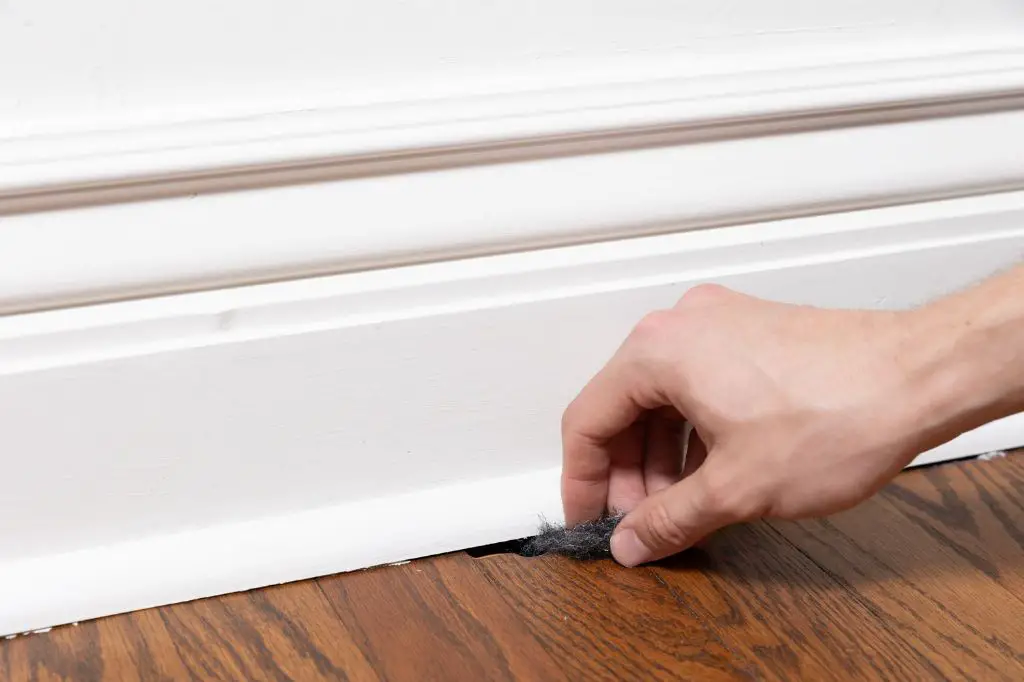
Dilute the peppermint oil in water first. Use around 10 drops of peppermint essential oil per cup of water. The oil needs to be diluted or it could damage surfaces it’s applied to. You can use products like Dr. Bronner’s as a diluting agent.
Soak cotton balls in the peppermint oil mixture. Place the cotton balls along baseboards, under appliances, and in other areas mice may enter. The scent will deter mice from entering these areas.
Spray the diluted oil in mice entry points and migration paths. Focus on spraying along baseboards, under sinks, around pipes, and in cracks mice can squeeze through.
Reapply the peppermint oil every 2-3 days. The scent fades over time so needs to be reapplied frequently.
Combine with other deterrents. Using peppermint oil along with other natural repellents like black pepper can make it more effective against mice.
Make sure to remove any food sources. Peppermint oil alone cannot get rid of an existing mouse infestation. Make sure to seal up any entry points and remove all food sources as well.
Consider professional help for heavy infestations. While peppermint oil can deter mice, it likely won’t get rid of a heavy existing mouse problem. Contact a pest control professional if you have a significant mouse infestation.
Other Natural Mouse Repellents
There are several other natural ingredients that can help deter mice besides peppermint oil:
- Essential oils like peppermint, clove, and eucalyptus oils have strong scents that mice dislike. You can soak cotton balls in these oils and place them along known mice entry points.
- Dried peppermint leaves can be placed in areas where you’ve seen signs of mice. The odor from the leaves may drive mice away. Renew the leaves every 2-3 days as the scent fades. [1]
- Ammonia mimics the scent of urine from predators like cats and dogs. You can place small bowls containing ammonia-soaked cotton balls where mice are active. However, ammonia can be toxic for pets so use caution. [1]
While these options may deter mice initially, they often lose effectiveness over time as mice become accustomed to the scents. Frequent reapplication is required.
Physical Mouse Deterrents
Physical mouse deterrents like traps, electronic repellers, and sealing entry points are direct ways to keep mice away. They are humanely more effective than toxic poisons, which can kill any animal eating the poison or dead prey. Traps capture mice so you can release them unharmed in more appropriate habitats. While snap traps do kill, there are humane release traps that safely contain the mouse until transport. Just inspect them frequently to free any captures.
Electronic and ultrasonic repellers use sounds unpleasant to rodents but undetectable by humans. The effectiveness depends on the specific product, but many emit combinations of high-frequency sounds, vibrations, and flashing lights. Place them along baseboards, under appliances, and near entry points. Change locations periodically so mice don’t become accustomed.
Blocking how mice enter your home is key for deterrence. Seal cracks, holes, and gaps with caulk, steel wool, copper mesh, or other weatherproof materials. Pay special attention around outdoor faucets, vents, doors, windows, pipes, and the foundation. Mice can squeeze through spaces as small as a dime. Eliminate exterior clutter like woodpiles that offer shelter. Store foods like pet food in sealed metal or glass containers.
Preventing Mice
There are several effective ways to make your home or property less attractive and accessible to mice, helping prevent infestations.
- Seal cracks and holes on the outside of the home using caulk, steel wool or a combination of both, especially where utilities and pipes enter the home. Mice can squeeze through openings as small as 1/4 inch. (Source)
- Remove clutter and food sources by keeping counters and floors free of crumbs and spills. Store food like cereals, grains and candy in airtight containers. (Source)
- Routinely clean the yard to remove piled leaves, overgrown vegetation and items providing shelter. Trim branches back from the home and cut tall grass. (Source)
- Remove pet food and water bowls overnight so they aren’t left out. Pick ripe fruits and vegetables from gardens daily.
- Usemint leaves, cayenne pepper, peppercorns and garlic around baseboards or potential entry points as natural deterrents. Mice dislike these strong scents.
Taking preventative measures can make a home inhospitable for mice seeking food and shelter. With some diligence, infestations can be avoided.
When to Call an Exterminator
Experts recommend calling a professional exterminator if you notice signs of a serious mouse infestation, as this can pose health risks and extensive property damage. According to EMCO Pest Control, signs to watch for include:
– Seeing multiple mice over time (or pets regularly catching mice)
– Noticing small mouse droppings, like tiny pellets
– Detecting a musky odor caused by mice urine and nesting materials
– Finding gnaw marks or holes chewed by mice
Today’s Homeowner recommends immediately calling an exterminator if mice invade pantries or areas where you store food. Mice can contaminate food and surfaces with feces and urine, putting you at risk for diseases like salmonella, E. coli, and hantavirus.
Don’t delay in seeking professional help if an infestation is underway. An exterminator has the knowledge and tools to fully remove mice and prevent re-entry into your home.
Conclusion
In summary, while peppermint oil does appear to have some potential for repelling mice, the evidence is quite mixed. Some studies have found that it can deter mice when used along baseboards, in cotton balls, or diffused in the air. However, other research suggests it may not be very effective on its own. There are certainly anecdotal reports of success, but more controlled scientific studies are needed.
When using peppermint oil, it’s best to try it alongside other deterrents like sealing up entry points, removing food sources, and setting traps. For the strongest repellent effects, use 100% pure peppermint oil and reapply it frequently. Look for signs of decreased mouse activity over the first 1-2 weeks. If you don’t see improvement, switch to other methods. Calling a professional exterminator is recommended for severe infestations.
In conclusion, peppermint oil should be viewed as a supplemental aid when trying to repel mice, but not a standalone solution. Combine it with other preventative measures for best results and be prepared to explore other options if it does not seem to be working. With persistence and patience, you can find an integrated pest management plan that humanely reduces mice in your home.

